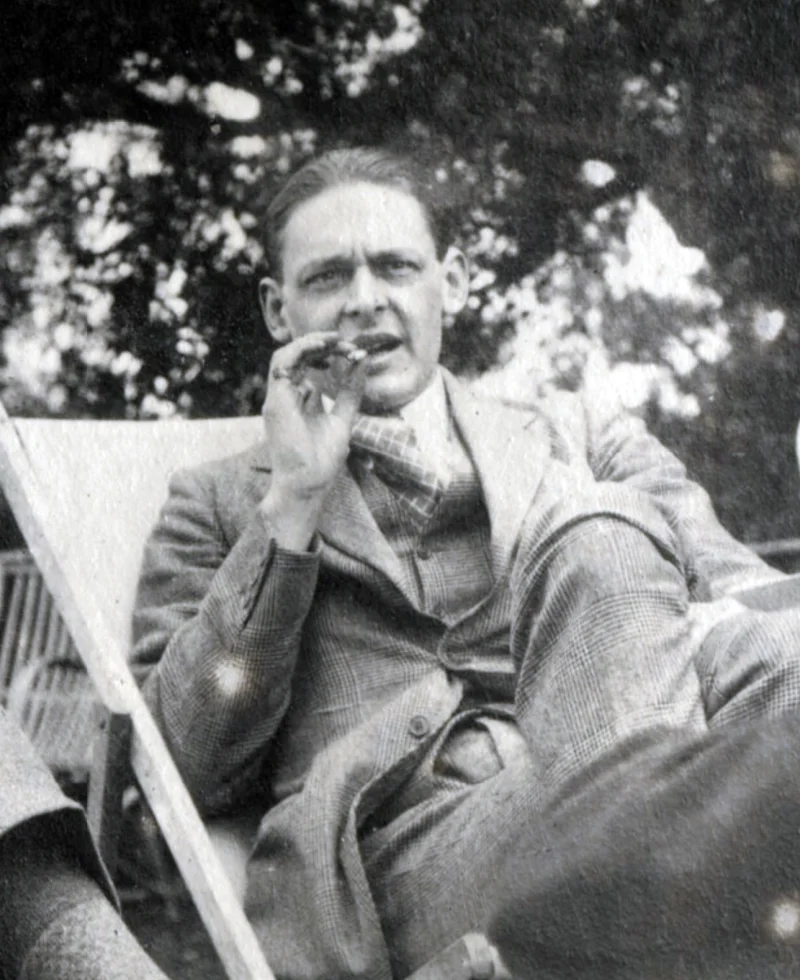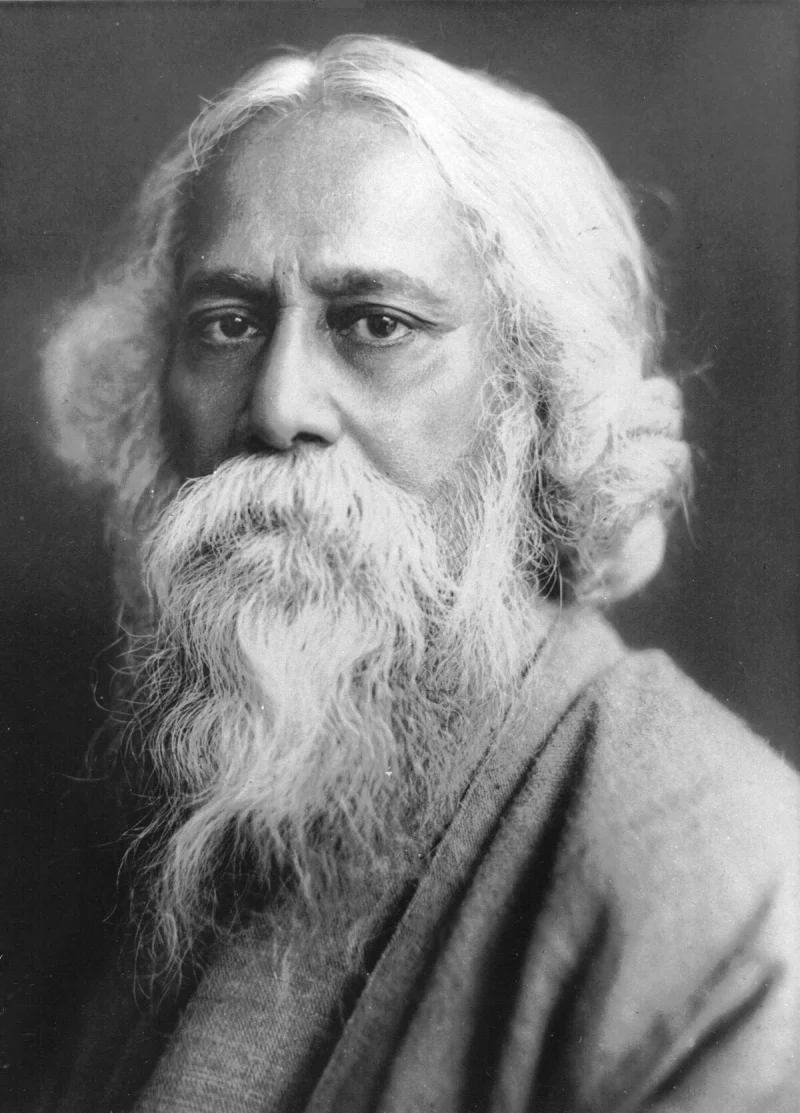Short Summary
T.S. Eliot was an influential poet, essayist, and playwright, renowned for his contributions to modernist literature. He is best known for works such as "The Waste Land" and "The Love Song of J. Alfred Prufrock," which revolutionized 20th-century poetry. Eliot's innovative use of language, style, and form earned him the Nobel Prize in Literature in 1948, cementing his status as a pivotal figure in literary history.
Early Life & Education
Thomas Stearns Eliot was born on September 26, 1888, in St. Louis, Missouri, into a prominent family. His father, Henry Ware Eliot, was a successful businessman, while his mother, Charlotte Champe Stearns, was a poet and social worker. Eliot attended Smith Academy in St. Louis and later attended Milton Academy in Massachusetts. He went on to study at Harvard University, where he earned a Bachelor of Arts in philosophy. During his time at Harvard, he was influenced by the works of Dante, Shakespeare, and the French Symbolists, which shaped his literary style. Eliot continued his education at the Sorbonne in Paris and Merton College, Oxford.
Career Highlights
Eliot began his literary career with the publication of "The Love Song of J. Alfred Prufrock" in 1915, which marked a departure from traditional verse forms and introduced modernist elements. He joined the publishing firm Faber & Faber in 1925, where he worked as an editor and director, promoting new literary talents. His seminal work, "The Waste Land" (1922), became a defining piece of modernist poetry, noted for its fragmented structure and allusions. Eliot also gained recognition for his plays, including "Murder in the Cathedral" (1935) and "The Cocktail Party" (1949), which showcased his skill in dramatic writing.
Major Achievements
- Received the Nobel Prize in Literature in 1948 for his outstanding, pioneering contributions to modern poetry.
- Published "The Waste Land," a landmark in 20th-century literature, which influenced countless writers and critics.
- Authored "Four Quartets," a series of four poems considered among his greatest works, reflecting on time and spiritual themes.
- Revolutionized poetic form with the publication of "The Love Song of J. Alfred Prufrock," introducing modernist techniques.
Famous Quotes
- "For last year's words belong to last year's language and next year's words await another voice."
- "Only those who will risk going too far can possibly find out how far one can go."
Interesting Facts
- Eliot became a British citizen in 1927, renouncing his American citizenship.
- He was a devout Anglican, which deeply influenced his later works.
- His poem "Old Possum's Book of Practical Cats" inspired the musical "Cats" by Andrew Lloyd Webber.
- Eliot worked at Lloyds Bank in London before his literary career took off.
Legacy / Influence
T.S. Eliot's impact on literature is profound, as he reshaped modern poetry with his innovative use of language and structure. His works continue to be studied for their complex themes and allusions, influencing generations of poets and writers. Eliot's integration of philosophical and spiritual elements into his writings has left a lasting mark on both literature and cultural discourse, establishing him as a central figure in modernist thought.
FAQ
Q: Why is T.S. Eliot famous?
A: He is famous for his pioneering contributions to modernist poetry and literature, including works like "The Waste Land" and "The Love Song of J. Alfred Prufrock."
Q: What are some of T.S. Eliot's notable works?
A: Notable works include "The Waste Land," "Four Quartets," and "The Love Song of J. Alfred Prufrock."
Q: Did T.S. Eliot win any major awards?
A: Yes, he was awarded the Nobel Prize in Literature in 1948.
Q: What was T.S. Eliot's nationality?
A: He was originally American but became a British citizen in 1927.









